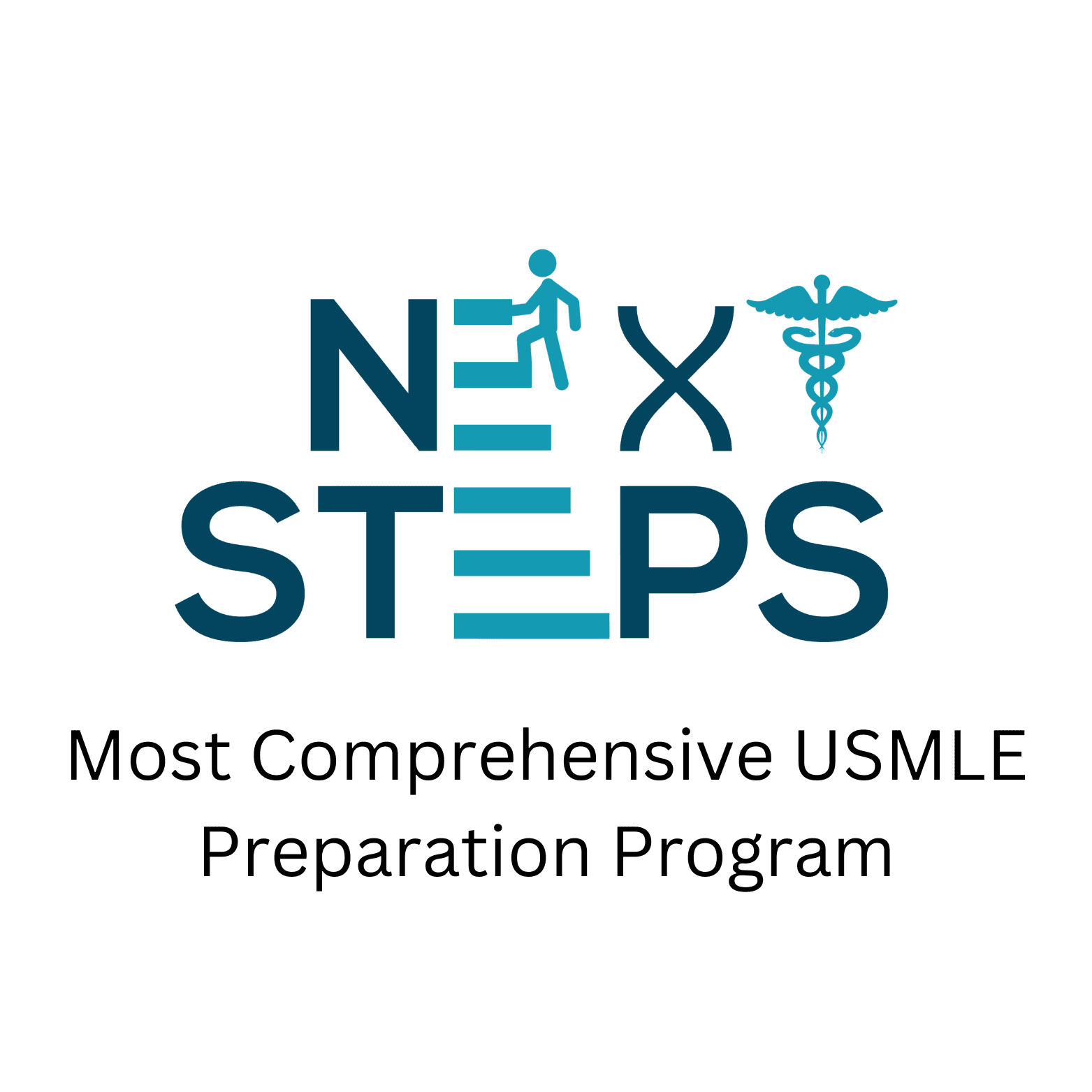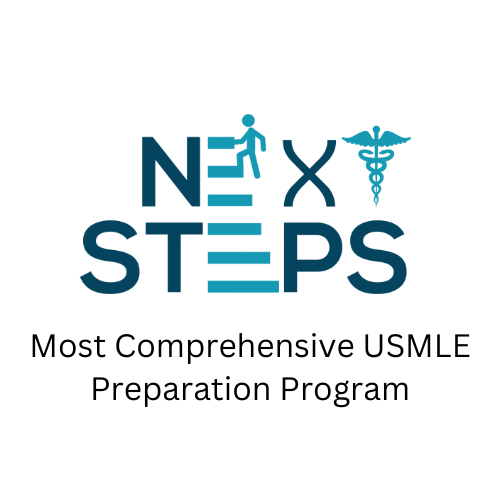Does MBBS Marks Matter in USMLE? Understanding the Role of Academic Performance
One of the most common questions from international medical graduates (IMGs) preparing for the United States Medical Licensing Examination (USMLE) is whether their MBBS marks have any significant impact on the USMLE and chances of success in the exam and beyond. The short answer is: MBBS marks are not directly considered in the USMLE, but they do have an indirect influence on your overall profile. Let’s explore how your MBBS performance can play a role in your journey to the U.S. medical system.
1. MBBS Marks and USMLE Eligibility
Your MBBS (or equivalent medical degree) marks are not a determining factor in whether you can take the USMLE. Eligibility to sit for the USMLE is based on whether you are enrolled in or have graduated from a recognized medical school that is accredited and listed in the World Directory of Medical Schools.
As long as your medical school and degree meet the requirements set by the Educational Commission for Foreign Medical Graduates (ECFMG), you are eligible to take the USMLE. However, your MBBS grades do not influence your ability to take the exam itself.
2. USMLE Focuses on Exam Performance, Not Academic History
The USMLE evaluates a candidate’s ability to apply medical knowledge, skills, and understanding of clinical science through three main steps:
-
- Step 1: Focuses on basic medical sciences (anatomy, pathology, pharmacology, etc.).
-
- Step 2 CK: Assesses clinical knowledge and skills in patient care.
-
- Step 3: Evaluates a candidate’s ability to manage patients in an unsupervised clinical setting.
Your MBBS marks are not reviewed during the USMLE registration or exam process. Instead, the focus is entirely on how well you perform on the USMLE steps. A strong score in each step is a significant factor in securing residency positions in the U.S.
3. How MBBS Performance Can Indirectly Impact USMLE Success
While MBBS marks are not directly considered, your academic performance during medical school can still have an impact on your overall USMLE preparation and outcomes. Here’s how:
Building a Strong Knowledge Foundation
-
- If you performed well during your MBBS years, especially in subjects like anatomy, pathology, and pharmacology, you are likely to have a solid foundation in the basic sciences. This will give you a head start in preparing for USMLE Step 1, which tests your knowledge of these subjects.
-
- However, even if your MBBS grades were average, it’s important to note that with focused preparation, you can still excel in the USMLE. Many students who may not have performed well during their MBBS years have successfully passed the USMLE with high scores by dedicating themselves to focused study and practice.
Study Habits and Discipline
-
- Your MBBS experience may reflect your study habits and discipline, both of which are critical for USMLE success. If you struggled with time management or consistency during MBBS, now is the time to improve those skills during your USMLE preparation.
-
- On the other hand, if you demonstrated discipline and a strong work ethic during MBBS, those qualities will carry over to your USMLE prep and increase your chances of success.
4. MBBS Marks and Residency Applications
Where MBBS marks become more relevant is during the residency application process, especially for international medical graduates (IMGs) applying to competitive residency programs in the U.S.
Transcript Evaluation
-
- Many residency programs require applicants to submit transcripts from their medical school. While MBBS marks are not the sole deciding factor, a strong academic record can bolster your application and show that you’ve been consistent in your medical education.
-
- That said, residency program directors place much more emphasis on your USMLE scores, clinical rotations, letters of recommendation, and research experience than your MBBS marks.
Holistic Application Evaluation
-
- U.S. residency programs typically take a holistic approach to evaluating applicants. This means they look at a combination of factors, including USMLE scores, clinical experience, communication skills, extracurricular activities, and leadership qualities.
-
- If your MBBS marks weren’t stellar, you can still make up for it with high USMLE scores, strong letters of recommendation, and a compelling personal statement.
5. What Really Matters for USMLE and Residency
Ultimately, when it comes to the USMLE and securing a residency in the U.S., the following factors matter much more than your MBBS marks:
1. USMLE Scores
-
- Your USMLE scores, especially for Step 1 and Step 2 CK, are critical. Residency programs use these scores as a key metric to evaluate your medical knowledge and ability to succeed in their program. Higher scores increase your chances of matching into competitive specialties and programs.
2. Clinical Rotations and U.S. Clinical Experience (USCE)
-
- Hands-on clinical experience in the U.S. can significantly strengthen your residency application. Residency programs value applicants who have proven their skills in a U.S. healthcare setting.
3. Letters of Recommendation (LoRs)
-
- Strong letters of recommendation from U.S. physicians, particularly those you’ve worked with during clinical rotations, are highly valued in residency applications.
4. Research and Publications
-
- Involvement in research and published case reports can give you an edge, particularly for academically inclined programs. It demonstrates your commitment to advancing medical knowledge and improving patient care.
5. Personal Statement and Extracurricular Activities
-
- A well-written personal statement that highlights your passion for medicine and explains any challenges you’ve overcome, including average MBBS marks, can add a personal touch to your application. Extracurricular activities also show that you are a well-rounded candidate.
Final Thoughts
In conclusion, MBBS marks do not directly matter for the USMLE, but they can play a supporting role in your preparation and residency application process. The most critical factors for success in the U.S. medical system are your USMLE scores, clinical experience, and overall application strength. Even if your MBBS grades were average, focused preparation, consistent study habits, and a strategic approach to the USMLE can help you achieve your goal of practicing medicine in the United States.
So, don’t worry too much about your MBBS marks—focus on what you can control now: your preparation, your USMLE scores, and your overall residency application.





